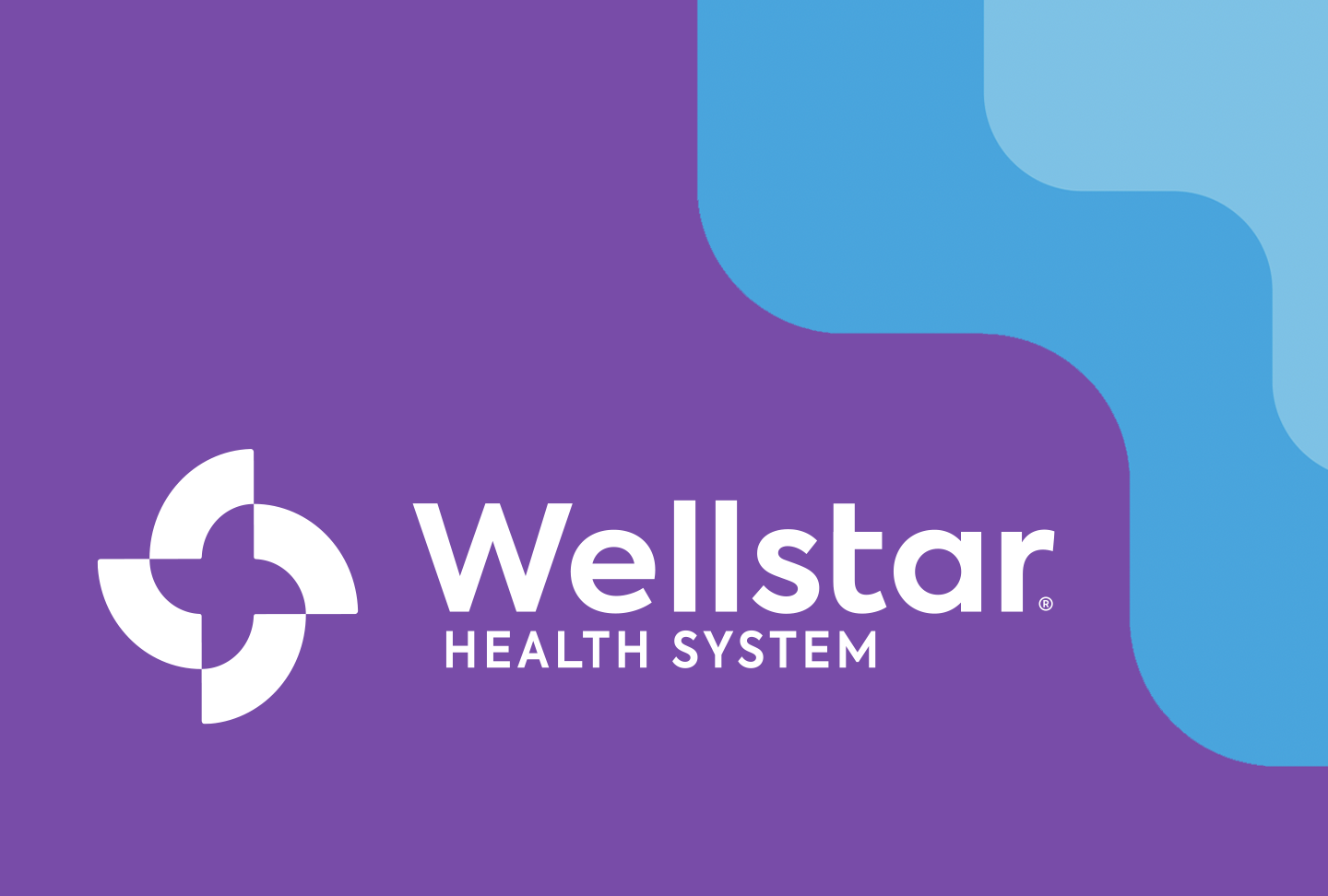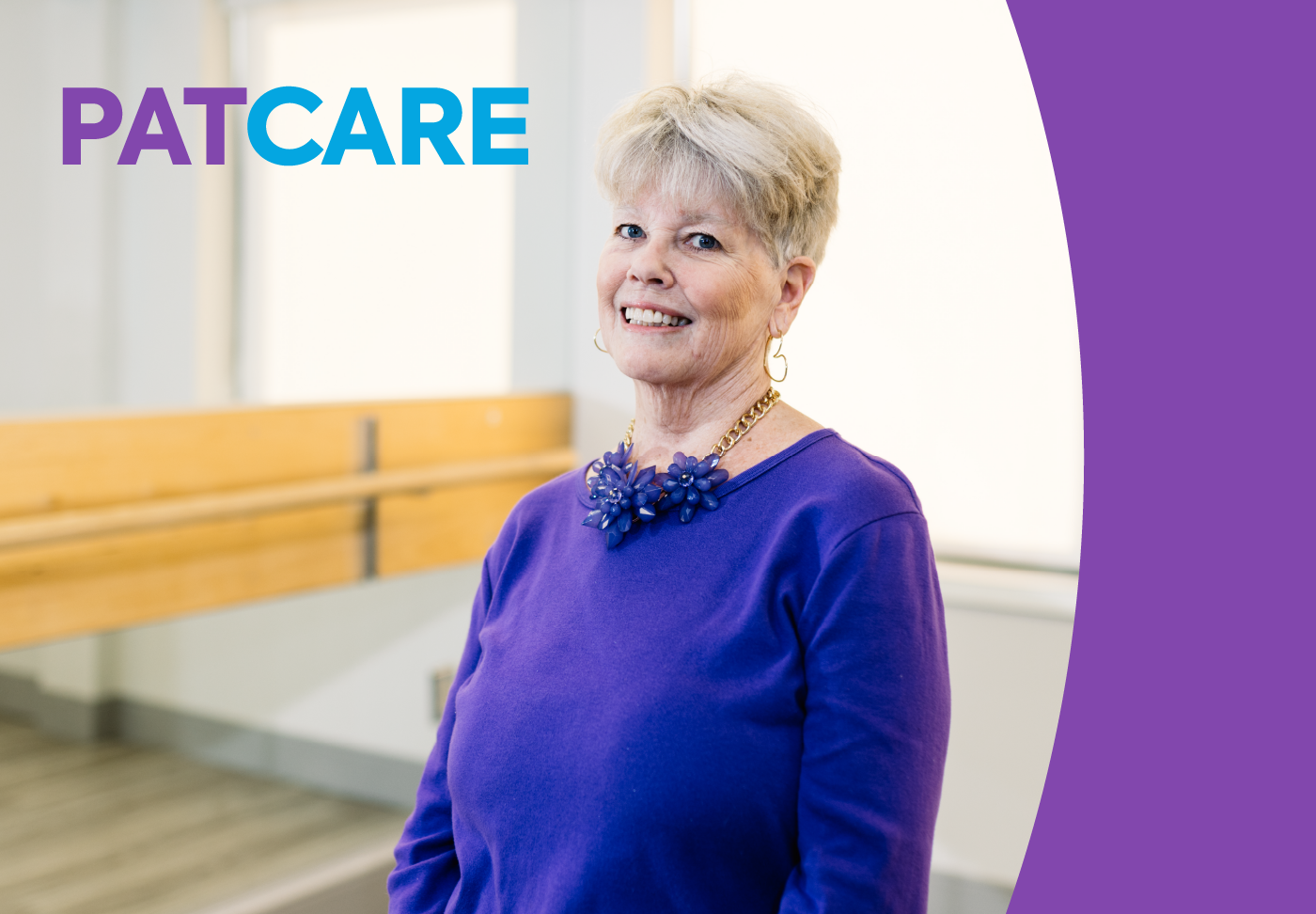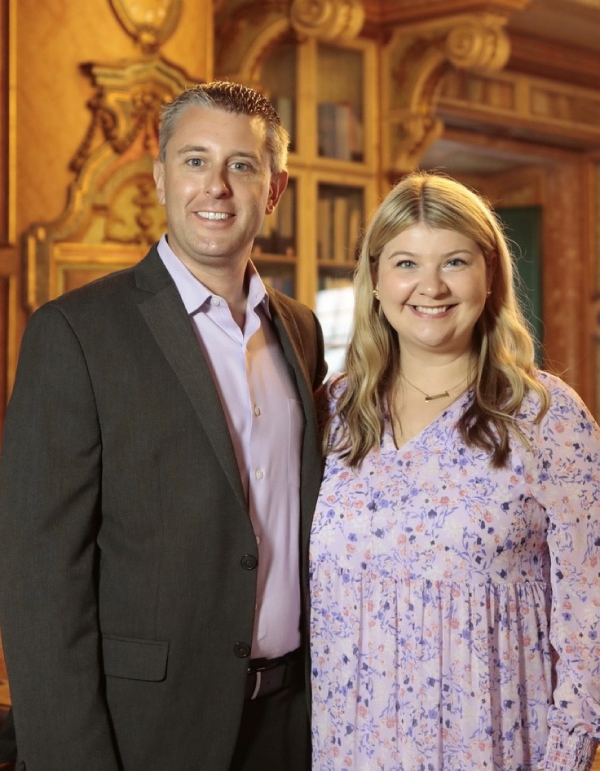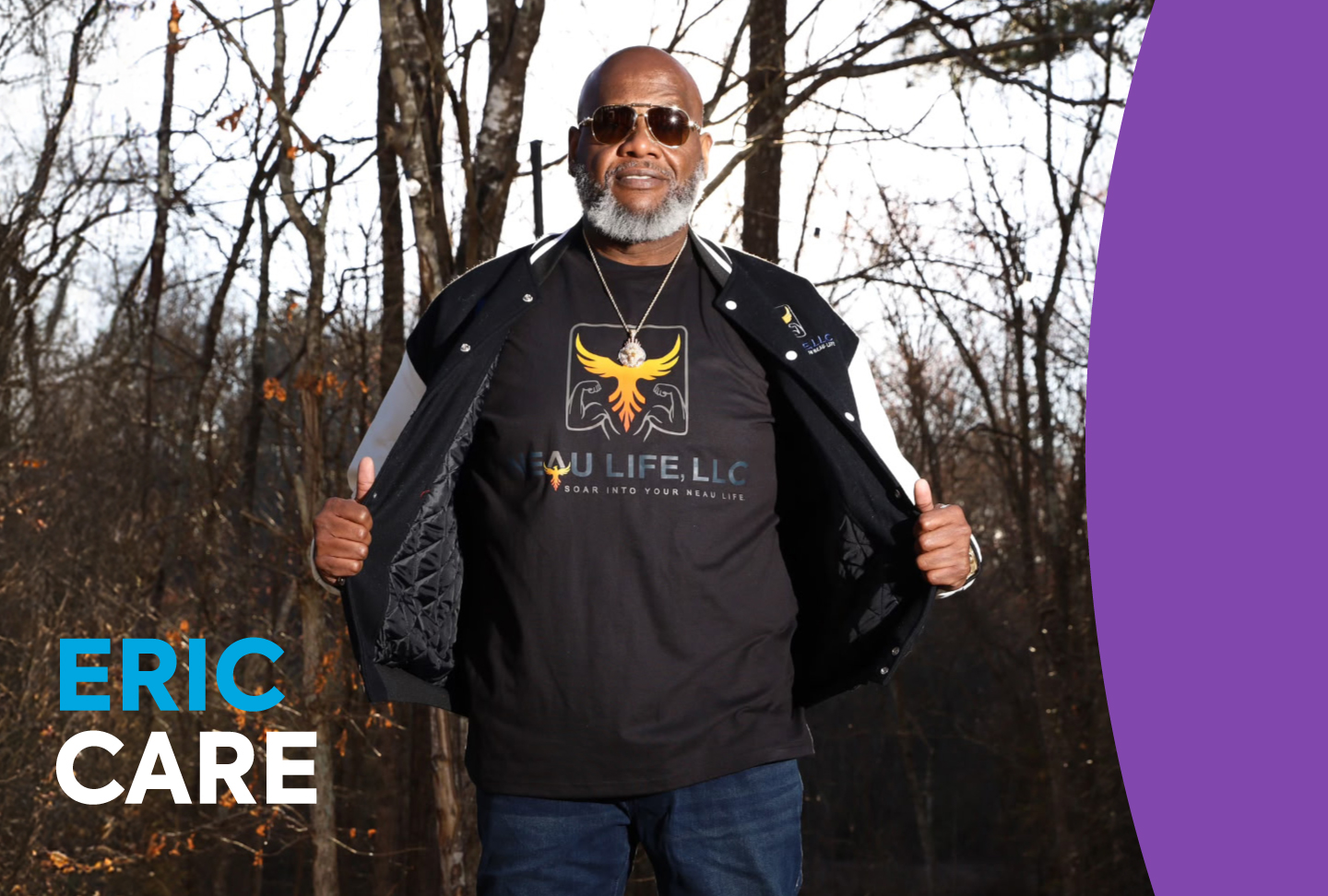Healthcare is always changing, always evolving. For over 25 years, we’ve made moving forward our mission, whether that’s investing in the most advanced treatments, bringing on only the best and brightest physicians, or giving back to the community we serve.
Now, Wellstar is offering the quality healthcare you’ve come to depend on with a fresh look and feel. Updating our visual identity is the next step in our journey of providing world-class healthcare to every person, every time.
Together, we are one health system over 24,000 members strong, from 11 hospitals, more than 250 medical offices, 9 cancer centers, 21 imaging centers, 5 health parks, and 15 urgent care centers. As the largest healthcare system in Georgia, Wellstar’s new branding represents all these moving parts seamlessly working together.
People are at the center of everything we do and every decision we make. We’re committed to pursuing better care for everyone, whether you’re just starting a family, fighting a chronic illness or staying healthy for retirement. To reflect this, the stylized, medical cross in our new logo embodies the human life cycle. Strong and steady, it moves with confidence and clear direction.
While our outward expression may be changing, we pride ourselves on delivering the same quality of care to you and your family. With our trademark purple, we continue our promise to be there for the biggest moments of your life. This color shows the respect and humility we have for serving the members of our community and staying attuned to the needs of others.
As always, we want to be the most valued and trusted partner in your health journey. In times of hardship, the community often turns to healthcare systems for shelter, care, and support. With the addition of a cool shade of blue to our color palette, it brings balance and new life to Wellstar. Deeply reassuring, this represents stability and calmness in moments of uncertainty.
At Wellstar, we know our patients come from all walks of life and all backgrounds. We provide personalized care for everyone, making an impact on the lives of real people every day.
We are Wellstar—and we are here every step of the way—for you.
Article Category: Highlights
Wellstar Moving Forward with New Branding
At Wellstar, we never stand still
Published on January 19, 2020
Last updated 04:35 PM August 10, 2020

Wellstar new branding revealed.




